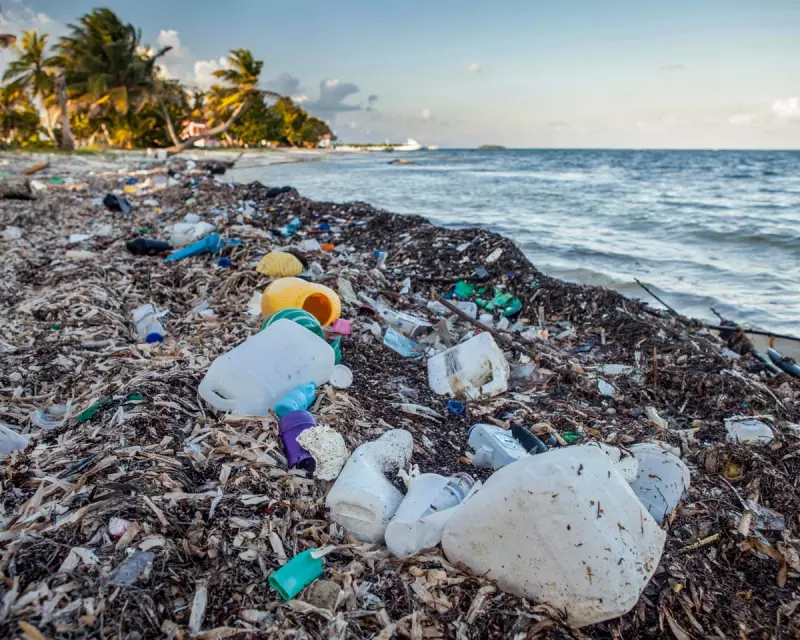
In a major setback for environmental progress, negotiations for a groundbreaking global plastics treaty have collapsed after fierce resistance from oil-producing nations. The talks, which aimed to curb the devastating impact of plastic pollution, were derailed by powerful petrostates determined to protect their economic interests.
Why Did the Talks Fail?
Delegates from over 170 countries gathered with the goal of finalising a legally binding agreement to reduce plastic waste. However, key oil and gas exporters—including Saudi Arabia, Russia, and Iran—blocked critical measures, arguing that restrictions would harm their economies.
Environmental campaigners expressed outrage, accusing these nations of prioritising short-term profits over the planet’s future. "This is a betrayal of our oceans, wildlife, and communities," said one activist.
The Sticking Points
The proposed treaty included:
- Binding targets to cut plastic production
- Stricter regulations on single-use plastics
- Financial support for developing nations to transition to sustainable alternatives
Petrostates rejected these measures, insisting that voluntary commitments were sufficient—a stance critics called "dangerously inadequate."
What Happens Next?
While the breakdown is disappointing, campaigners stress that the fight is far from over. Public pressure, corporate responsibility, and renewed diplomatic efforts could still pave the way for future agreements.
"We cannot afford despair," said a leading environmental negotiator. "Every delay costs lives—but the momentum for change is unstoppable."





